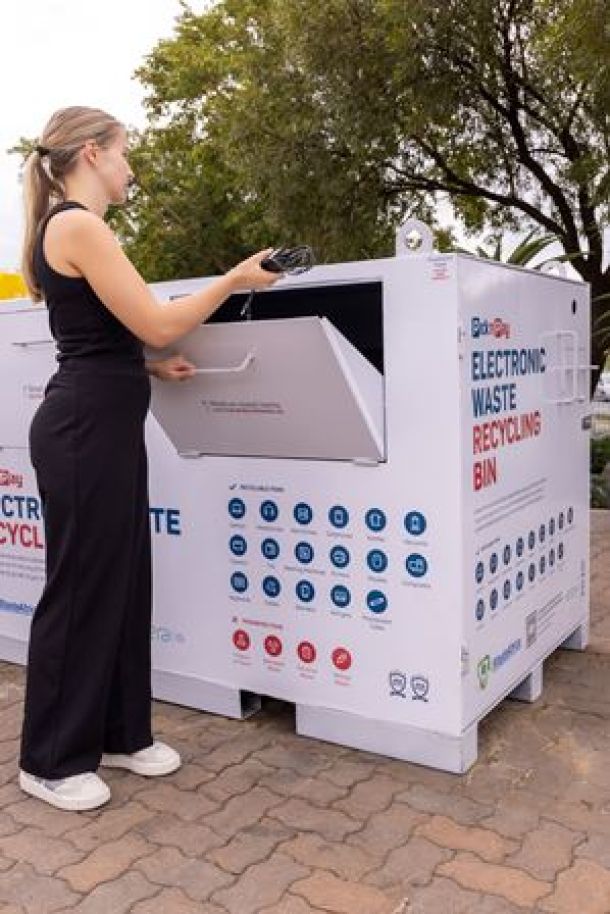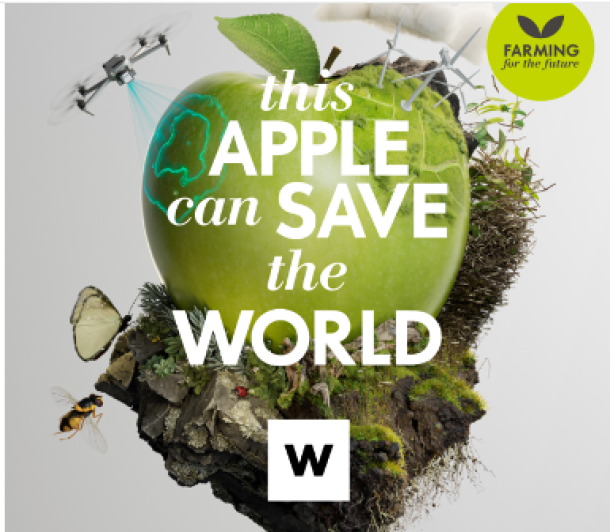What's the difference between "Use by", "Display until" and "Best before"?
Confusion around date labels on food products is causing an estimated 1.3 billion tonnes of food to be lost or wasted worldwide, and costing US consumers up to US$29 billion annually. This is a result of labels such as “Sell by”, “Use by,” “Display until” and “Best before” that are causing a misunderstanding about the expiration date and shelf life of products.
As a result, the Consumer Goods Forum (CGF) — a network of 400 consumer goods companies across 70 countries — and Champions 12.3 are attempting to standardise food date labels worldwide by 2020.
Champions 12.3 is a coalition of more than three dozen leaders across government, business and public organisations that are trying to achieve Target 12.3 of the United Nations’ Sustainable Development Goals of halving global food waste at the retail and consumer levels by 2030.
The CGF Board of Directors — along with companies such as Tesco, Kellogg, Walmart, Campbell Soup, Bimbo, Pick n Pay, Nestlé, Carrefour and Unilever — have signed a Call to Action to simplify date labels. This states that retailers and food producers should adopt three steps to reduce food waste by 2020:
- Only one label at a time.
- Choice of two labels: one expiration date for perishable items (eg, “Use by”) and one food quality indicator for non-perishable items (eg, “Best if used by”). The exact wording will be tailored to regional context.
- Consumer education to better understand what date labels mean.
The third point on the Call to Action suggests companies partner with non-profit organisations and government agencies to educate consumers about how to understand date labels. This could be in the form of using web materials and public service announcements in order to combat their confusion.
CGF Managing Director Peter Freedman explained the importance of collaboration in addressing food waste: “Now more than ever is the time for business to play a leading role in tackling food waste. This is an issue that can only truly be tackled by collaboration across the value chain.”
With the average UK household with children spending £700 a year on food that’s thrown away — US$1500 for US households — standardising food date labels can help reduce the amount of edible food thrown out by households. This will not only save consumers money, but it will also reduce their environmental footprint and prevent further contributions to climate change.
“Four years ago, Tesco was one of the first retailers to roll out single date coding across our fresh food and meat produce,” said Tesco Group Chief Executive and Champions 12.3 Chair Dave Lewis. “All the evidence has shown that streamlining date codes helps customers waste less food and it also reduces waste in our own operations. That’s why it’s so important we extend this practice to more companies in every country. Streamlining date labels worldwide by 2020 could be game changing in the fight against global food waste.”
The announcement was made at a Champions 12.3 event during the 72nd United Nations General Assembly, where the company also launched the SDG Target 12.3 on Food Loss and Waste: 2017 Progress Report. The report records global progress towards achieving Target 12.3.
It found that countries and companies are setting reduction targets aligned with SDG Target 12.3 — today, 28% of the world’s population live in a country or region with a target to reduce food loss and waste, and nearly 60% of the world’s 50 largest food companies have set reduction targets.
“It is good to see clear signs of momentum building behind the movement to tackle food loss and waste and the leadership being demonstrated by individual Champions and others,” said Liz Goodwin, Senior Fellow and Director, Food Loss and Waste at World Resources Institute. “However, 2030 is only 13 years away, and more is needed. We now have a roadmap for how to cut in half the more than 1 billion tonnes of food that goes uneaten each year, and it’s vital that governments and the private sector everywhere put it to use.”
News Category
- International retailers
- On the move
- Awards and achievements
- Legislation
- Wine and liquor
- Africa
- Going green
- Supplier news
- Research tools
- Retailer trading results
- Supply chain
- Innovation and technology
- Economic factors
- Crime and security
- Store Openings
- Marketing and Promotions
- Social Responsibility
- Brand Press Office
Related Articles

Pick n pay upcycles air-conditioning systems, s...

Shoprite Group opens pathways to job opportunit...

Pick n Pay empowers shoppers in the fight again...

Massmart implements early leak detection techno...


